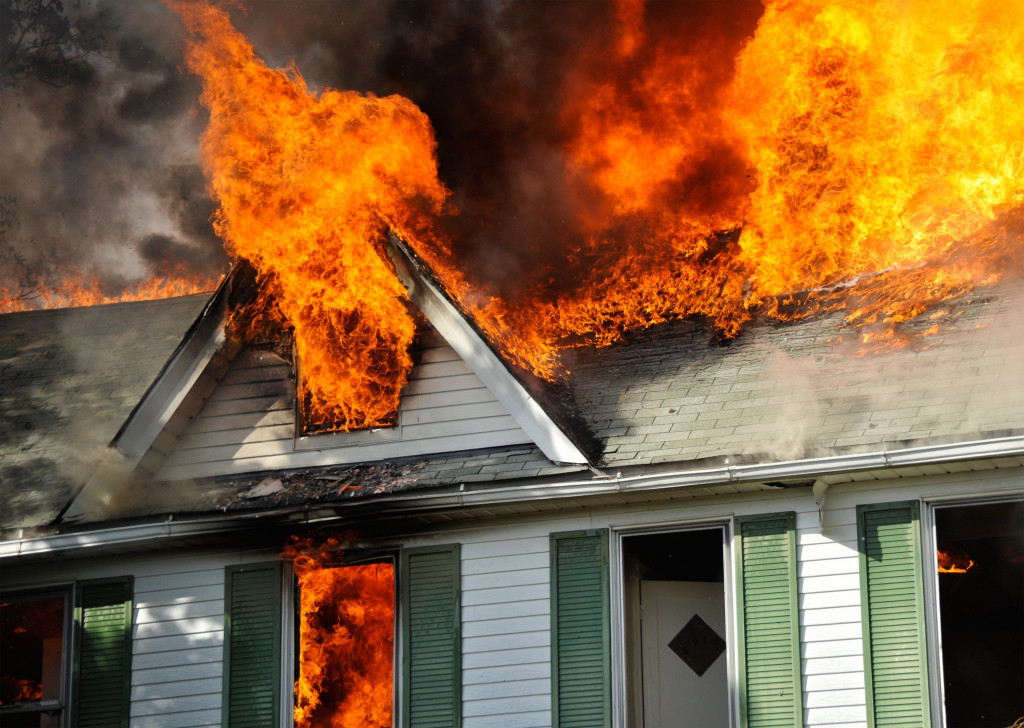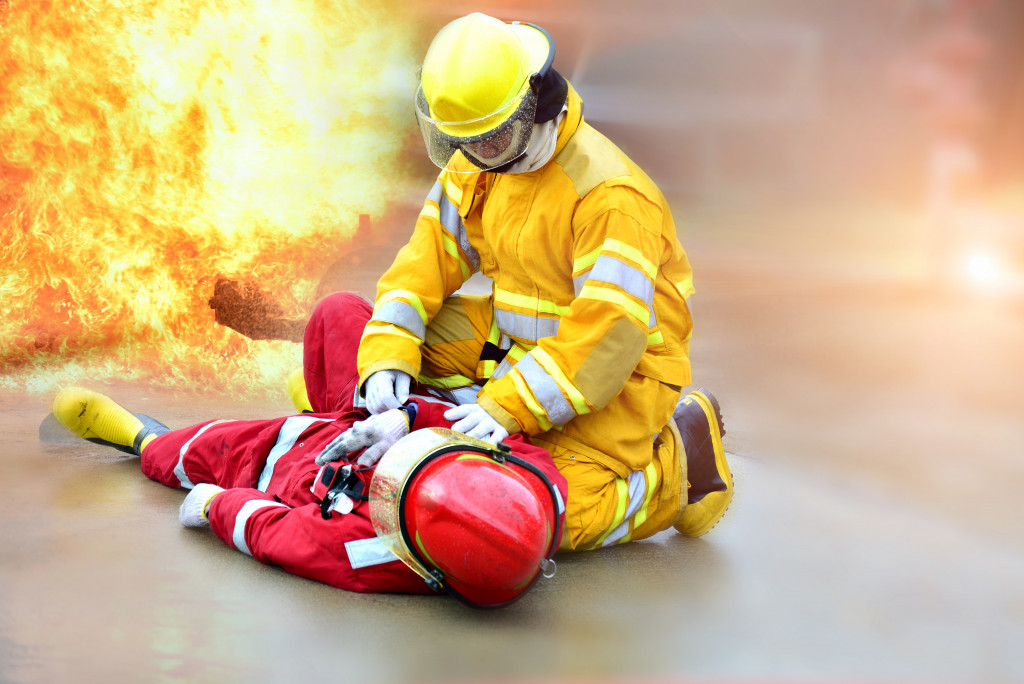Disclaimer: The Lifestyle Elf. This site provides fashion and lifestyle content for informational purposes only.
- Qualifications, training opportunities, physical requirements, work schedule, and stress level must be considered when pursuing a career as an emergency responder.
- Adequate and comprehensive training is essential to handle the demands of emergency response.
- Physical requirements ensure responders can handle the job without compromising their safety and the safety of others.
- Understanding the unique and demanding nature of the emergency response and proper scheduling is essential to success in this role.
Emergency responders provide an invaluable service to their communities. They are often the first at an accident or disaster scene and play a vital role in helping people in need. If you’re considering becoming an emergency responder, there are some essential things to consider.
Qualifications Needed
You need to consider the qualifications required for the particular type of emergency responder role you’re looking to pursue.
Training Opportunities

When considering becoming an emergency responder, it’s essential to carefully weigh your training opportunities. Ensuring that you are well-equipped to handle the demands of emergency response requires that you undertake courses and programs that are comprehensive, detail-oriented, and provide hands-on training in real-world scenarios.
One potential avenue to pursue is EMT training courses, which offer a comprehensive overview of emergency response techniques and procedures, focusing on rapid response and efficient, effective, life-saving measures.
Those interested in pursuing emergency response careers must take a proactive approach to their training, seeking high-quality programs, instructors, and resources to give them the tools they need to act confidently and decisively in high-pressure, high-stakes situations. Properly considering training opportunities can mean the difference between success and failure in this critical and challenging field.
Physical Requirements
Physical requirements are crucial for individuals who aspire to become emergency responders. These guidelines ensure that an individual is physically capable of handling the demands of the job without compromising their safety and the safety of others.
It is essential to take these requirements seriously because becoming an emergency responder requires you to respond to emergencies that can take a toll on your physical and mental well-being. You must withstand various physical challenges such as lifting heavy objects, standing or sitting for long periods, and working in unpredictable environments. Therefore, considering your physical condition before embarking on this career path is vital for your success and your team’s success.
Work Schedule
When considering work schedules, aspiring emergency responders must consider the profession’s unique and demanding nature. Properly understanding scheduling considerations is essential in determining whether or not this role is right for you. Emergency responders often work long, irregular hours and frequently have schedules that require them to be on call.
This type of schedule can be physically and emotionally taxing. It is important to assess whether or not you are prepared to handle the demanding nature of this type of work. Beyond that, emergency responders must also be aware of their scheduling obligations once employed. The team needs to work efficiently and effectively to ensure smooth and safe operations, which makes understanding and adhering to work schedules a crucial responsibility.
Stress Level
Stress level is a crucial factor for aspiring emergency responders to consider. Recognizing and managing stress is essential in the high-pressure, fast-paced world of emergency response. Stress can adversely affect physical and mental health, relationships, and job performance.
Ensuring that stress levels are properly managed can help prevent burnout, improve decision-making abilities, and increase overall job satisfaction. Therefore, potential emergency responders need to understand their personal stress tolerance and learn effective stress management techniques. It is necessary for anyone who wants to thrive in this demanding but critical profession.
Potential Hazards

When aspiring to become an emergency responder, it is important to understand the significance of properly considering potential hazards. This means taking the time to analyze the environment you will be operating and identifying potential risks or hazards that could threaten yourself, your team, and those you are helping.
Whether it is a natural disaster, a hazardous material spill, or a building collapse, quickly assessing the situation and identifying potential dangers can be the difference between a successful rescue mission and a catastrophic outcome. It is crucial to maintain a level-headed approach and prioritize the safety of all involved by thoroughly assessing potential hazards before proceeding with any rescue efforts.
Advancement Opportunities
If becoming an emergency responder is your goal, it’s important to consider advancement opportunities properly. This means researching and understanding the different career paths available within the field, such as becoming a paramedic or a fire captain.
Advancement opportunities can provide you with more responsibility, a higher salary, and an opportunity to make a greater impact in your community. Remembering that taking on more advanced roles requires additional training, education, and experience.
Therefore, planning and preparing accordingly is essential in seeking relevant certifications and training programs. Properly considering advancement opportunities can help you achieve your career goals while providing you with the skills and knowledge necessary to excel in your chosen profession.
These are just a few of the most important factors to consider when becoming an emergency responder. Before pursuing a career in this profession, it is important to understand its different aspects thoroughly.

